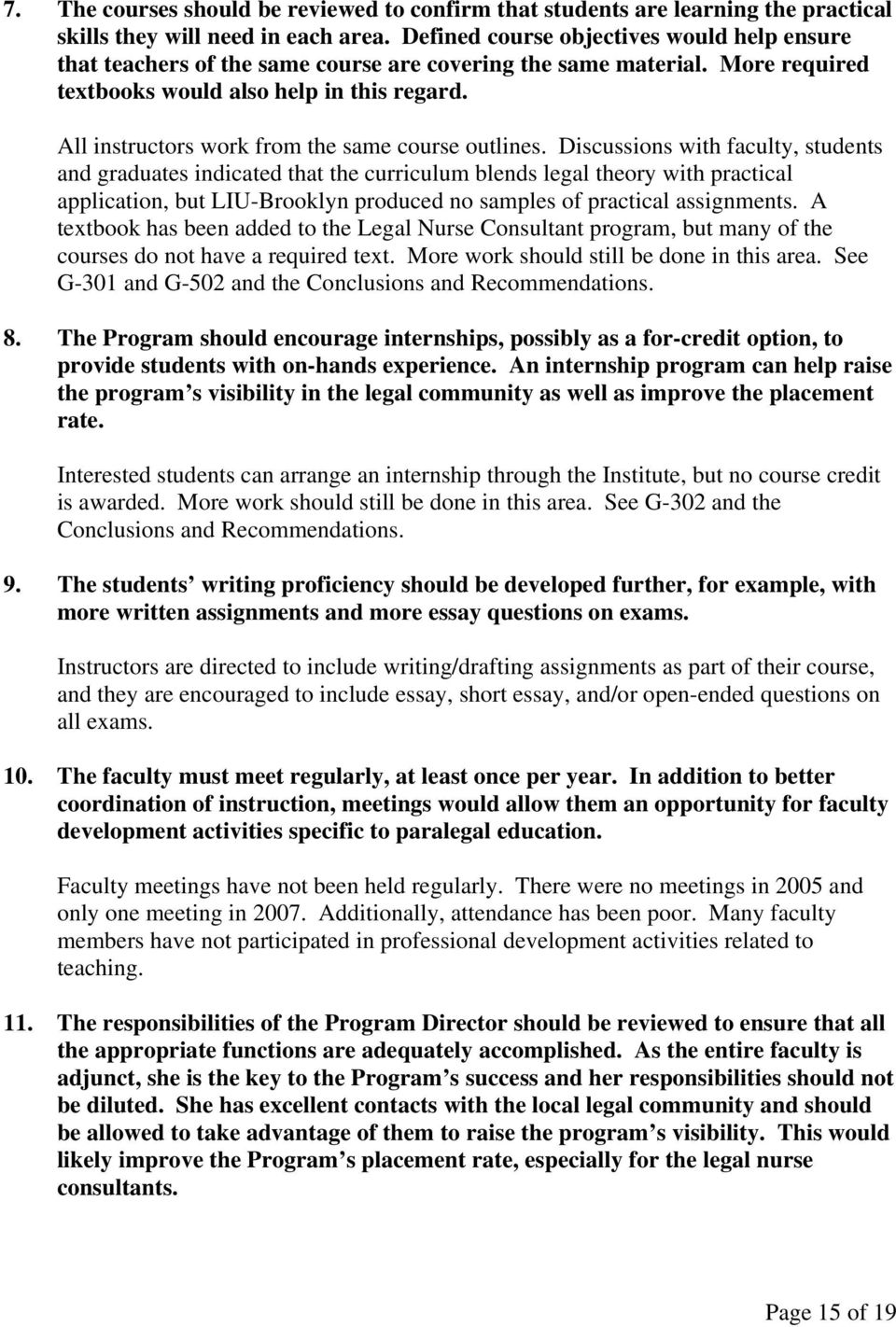The experiences and attitudes of children from low-income.
Many low-income parents value homework as an important connection to the school and the curriculum—even as their children report receiving little homework. Overall, high-school students relate that they spend less than one hour per day on homework, on average, and only 42 percent say they do it five days per week.The experiences and attitudes of children from low-income families towards money Summary Using data from interviews with children aged between 5 and 16 years, this report describes how they make sense of the wider economic world, how they act in the knowledge that their family is poor and how low income influences their view of their own economic futures.Perceptions Of The Effects Of Homework On Student Achievement At A Suburban Middle School: A Program Evaluation. but they will involve student-centered decisions. The experience of evaluating the homework program at Lee Middle School has given me opportunities to. Low-Income Students and Homework.
Susan Holloway My research explores the conditions that support parents’ childrearing goals and practices, emotional wellbeing, and parenting self-efficacy. I take an interdisciplinary approach to this work, drawing from developmental psychology as well as sociology, anthropology, and feminist studies.In addition to answering these questions, environmental inequality researchers should also ask whether cultural preferences for, and perceptions of, green spaces and nature vary according to race, ethnicity, and income, differentially influencing minority, White, low-income, and middle-class youths’ desire to experience nature.

Perceptions About Income Inequality and Equal Opportunity is a section of the report A Window of. Perceptions About Income Inequality and Equal Opportunity is a section of the report A Window of Opportunity II: An Analysis of Public Opinion on Poverty.. 3.2 Americans’ faith in the viability of the American Dream is at a five-year low.












